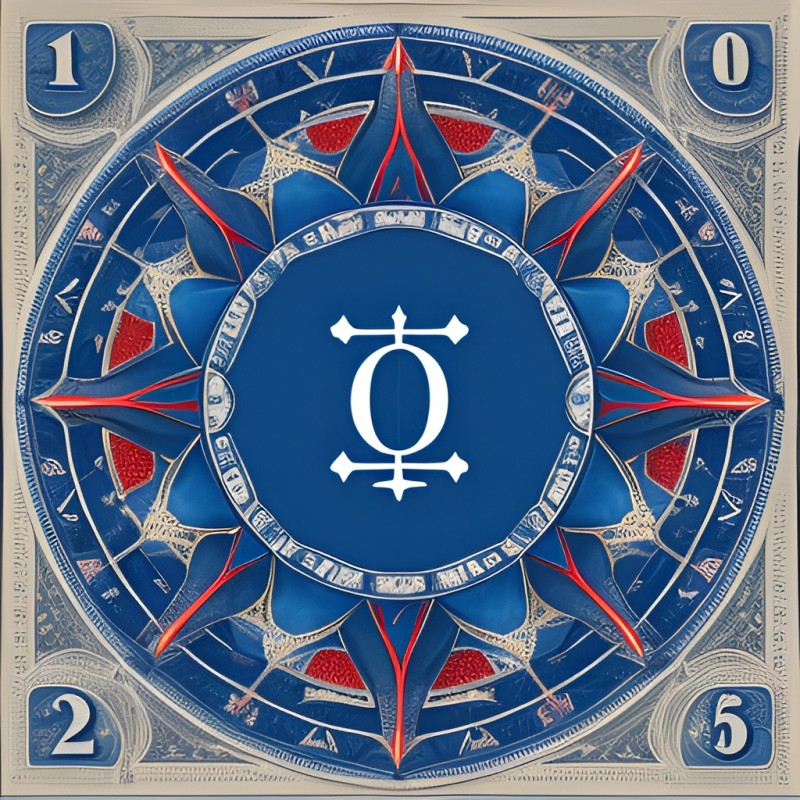 x
x
Fyodor and his family were newcomers to the village, having recently moved from Volyakia, a far-off land. Despite being outsiders, they were welcomed with open arms by the friendly villagers.
However, Fyodor was surprised to learn that the village had been operating on a service for payment or trade for a service plan for centuries. This was a foreign concept to him, as he was used to a currency-based system in Volyakia.
When the village leaders announced their decision to switch to a currency-based system, Fyodor was relieved. He had found the old system confusing and difficult to navigate. He believed that the currency system would make transactions more straightforward and more efficient.
However, Fyodor's opinion was not shared by all. Some villagers were resistant to the change, arguing that the old system had worked well for centuries and that it was unnecessary to fix something that wasn't broken.
𒆠𒂠𒈫𒊑𒂠 𒁍𒁏𒉡 𒈫𒆳 𒋫 𒆳𒆳𒉌 𒁍𒁏𒉡 𒃲𒃲𒋀
𒋫 𒆠𒂠𒈫𒊑𒂠 𒆳𒆳𒉌 𒂵𒆳𒄑𒀀 𒋫 𒆠𒂠𒈫𒊑𒂠 𒌷𒆠𒂠
𒆠𒂠𒂵𒅗𒆳 𒁍𒁏𒉡 𒋫 𒅆𒋾𒆳 𒆠𒂠𒅗𒆳 𒈫𒊑𒂠 𒈫𒆳 𒆳𒆳𒉌
𒀀𒆠𒂠𒈫𒊑𒂠 𒄑𒀀𒆠𒂠𒋫𒆳𒆪𒊓 𒈫𒊑𒂠 𒆳𒆳𒉌 𒀀𒆠𒂠𒈫𒊑𒂠 𒁍𒁏𒉡𒇷
326Please respect copyright.PENANAFjxcJsIrQK
Fyodor understood their perspective but believed that change was necessary to keep up with the times. He also recognized that the currency system would make it easier for him to conduct business and trade with the other villagers.
As the village adapted to the new currency system, Fyodor and his family found themselves thriving. They were able to trade goods and services with ease, and their business began to grow. Fyodor was grateful for the opportunity to be a part of the village's growth and prosperity.
Looking back, Fyodor realized that the currency change had been a turning point for the village. It opened up new opportunities and brought in new ideas and perspectives from outsiders like him. He was proud to have been a part of the village's evolution and looked forward to what the future would bring.
As the village transitioned to a currency-based system, Fyodor observed the intricate process of implementing this new economic structure. The village leaders, in collaboration with experienced economists and financial advisors, carefully devised a plan to introduce a standardized currency that would facilitate trade and simplify transactions.
A local mint was established, where skilled artisans crafted beautifully designed Merchant Notes that would serve as the official currency of the village. The Merchant Notes featured intricate engravings of the village's emblem, symbolizing unity and prosperity.
To ensure a smooth transition, the village leaders organized educational sessions and workshops to familiarize the villagers with the concept of currency and its practical usage. Fyodor and his family eagerly attended these sessions, eager to adapt to the new system and contribute to the village's economic growth.
326Please respect copyright.PENANA4vfWceQsoi
With the arrival of the new currency, Fyodor witnessed the transformation of the village's marketplace. The once bustling barter system gradually gave way to a centralized marketplace, where vendors and traders displayed their goods and services, pricing them in the newly minted currency.
Fyodor was fascinated by the variety of products available in the marketplace, ranging from fresh produce to handmade crafts. The currency system had opened doors to a wider range of goods and services, as villagers from different professions could now specialize in their craft and exchange their products for currency.
The introduction of currency also sparked innovation and entrepreneurship within the village. New businesses emerged, offering unique products and services that catered to the evolving needs and desires of the villagers. Artisans, like Fyodor, were able to expand their customer base beyond the village, attracting buyers from neighboring regions who were eager to acquire their exquisite creations.
The currency system also facilitated trade with other villages and regions, strengthening the village's economic ties and promoting cultural exchange. Merchants from distant lands began visiting the village, bringing exotic goods and introducing new ideas and customs to the villagers.
As the economy flourished, the village leaders established a central bank to regulate the circulation of currency, ensuring stability and fairness in financial transactions. The bank became a trusted institution, providing loans and financial assistance to aspiring entrepreneurs, further fueling the village's economic growth.
Fyodor and his family embraced the currency system wholeheartedly, finding it to be a much more efficient and transparent means of conducting business. They no longer had to negotiate complex bartering agreements or struggle with the limitations of a non-standardized system. The currency allowed them to accurately assess the value of their products and services, enabling fair trade and fostering trust among the villagers.
Over time, the currency system became deeply ingrained in the village's culture and way of life. It became a symbol of progress, unity, and the collective determination to adapt and thrive in a changing world. The villagers recognized the benefits it brought, not only in terms of economic stability but also in fostering a sense of community and cooperation.
Fyodor and his family were grateful for the village's decision to embrace the currency system. It not only simplified their daily transactions but also propelled their business and livelihood to new heights. They were proud to be a part of a village that had successfully navigated the challenges of change and emerged stronger and more prosperous.
As Fyodor reflected on their journey, he realized that the currency system had been a catalyst for growth and progress in the village. It encouraged innovation, expanded opportunities, and fostered a sense of interconnectedness among the villagers. The decision to embrace a new economic system had transformed the village, turning it into a vibrant and thriving community that would continue to prosper for generations to come.






















